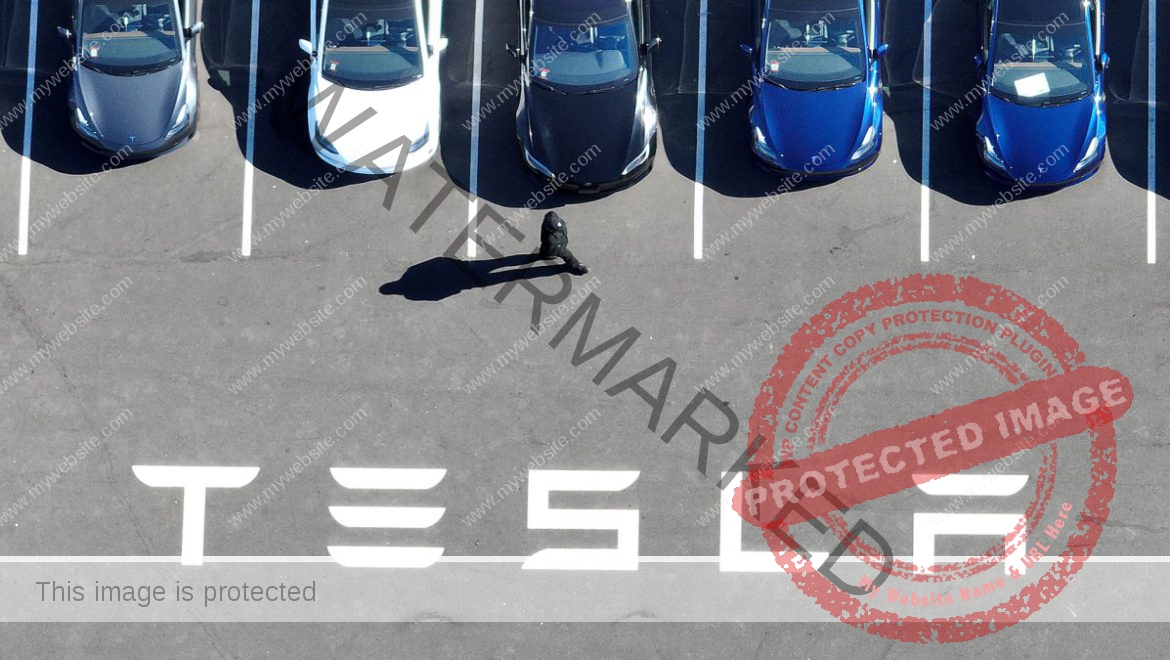SiftHub, an AI startup founded by the former CTO and co-founder of LogiNext, Manisha Raisinghani, has raised $5.5 million in seed funding to build out its AI assistant, which is aimed at helping sales and presales teams focus more on building relationships and less on grunt work.
The company’s generative AI assistant is targeting the bulk of non-sales activity that sales personnel have to deal with, like entering data into CRM systems, filing requests for proposals (RFPs), researching customer info and building presentation decks. SiftHub integrates with sources of information like Google Drive, Slack, Zendesk, HubSpot and Salesforce, and sales and presales teams can simply talk to its AI assistant to complete infosec questionnaires, vendor assessment forms, and file RFPs and request for information (RFI) forms. The assistant is available through Slack and Microsoft Teams as a bot, as a Microsoft add-in, a Chrome plugin, and a web app, and has support for 10 languages, including Spanish and German.
“When salespeople are selling to businesses, they should be spending more time building relationships, which has a direct impact on the top line,” Raisinghani told TechCrunch. “When you don’t have to hire so many presales people to do the deep technical work for you, you’re saving time and that impacts your bottom line,” she told TechCrunch.
SiftHub’s AI assistant is built on open source large language models (LLMs) and is supported by retrieval augmented generation (RAG) technology, which uses additional data sources to fine-tune the quality of content generated by AI. Using RAG on top of LLMs helps SiftHub limit hallucinations — a common issue with generative AI, where the system generates incorrect or misleading results. The startup also uses cross-encoders to prevent its platform from picking the wrong information from a given knowledge base. Cross-encoders analyze two queries simultaneously, instead of looking at each separately, to deliver more accurate answers.
“We would rather not give an answer rather than give the wrong answer,” Raisinghani said. The founder added that SiftHub’s system might give 5% fewer answers, but she is confident that at least 75% of the AI’s responses will be correct.
SiftHub also uses a “smart search algorithm” that considers the recency of documents or knowledge sources to surface relevant recent information, Raisinghani said.
After spending over 10 years at LogiNext, Raisinghani saw the need for a solution like SiftHub when she was advising blockchain startup Polygon Labs in 2022 on its enterprise go-to-market strategy. She realized that finding information about Polygon was an arduous task because data was not available through a single channel, as it was stored across multiple platforms. Sales and presales people need a lot of info about their company and its business operations when they reach out to their potential customers. Finding that info through different sources, including the company’s Slack channels and other unorganized documentation, is a cumbersome task that can take a lot of time.
She then spoke with about 200 users to understand the problem statement better and categorize their responses into different use cases. All that eventually brought her focus to sales and presales teams.
“Sales teams have a shadow team — a presales team or solutions engineers — and they are usually the unsung heroes of the organization. They do a lot of the technical work, right from filing RFPs (request for proposals) to finding answers to customers’ questions,” she explained. “If you’re saving time for both sales and presales, salespeople will automatically be able to spend more time on relationship building.”
The market for AI startups focusing on sales and presales operations has gained traction in the past year since generative AI took off. Companies across the spectrum, from giants like Salesforce, Zoom and Google, to startups like Quilt, People.ai, and Darwin AI, have built GenAI-powered tools to let salespeople simplify a wide array of tasks like filing routine forms, generating drafts for emails, filling up CRMs with publicly available information on customers, generating copy, getting suggestions on which prospective customer is likely to buy or churn, and much more.
However, Raisinghani believes that SiftHub has a distinctive edge, as it sits deeper in customers’ business workflows and can solve the entire sales response problem — unlike a “wrapper around OpenAI or any other LLM.”
The startup is also banking on Raisinghani’s own experience in scaling startups and its team of 15, which includes some ex-entrepreneurs. “When you’re going to give at least 10 years of your life to something, you want to make sure that you are going to be excited and you truly believe in it for the next decade,” she said. The company is headquartered in the U.S. and has an R&D team in Mumbai, India.
The funding will be used to hire more people in product R&D, enhance the product, and help the company go to market. The seed round was co-led by Matrix Partners India and Blume Ventures, with participation from Neon Fund as well as executives and founders from Superhuman, Cloudflare, DevRev, Razorpay and SuperOps.
SiftHub is initially targeting B2B companies selling to mid-market and enterprise customers with revenues between $50 million and $500 million. The AI assistant is currently available to a small group of users for early feedback, and the startup is planning a “full-blown launch” later this year.
“Buyers have become smarter and engage sales later in the buying journey, with more advanced questions. As a result, the expectation from sales teams has changed — they need to know advanced product, technical, and legal information to get the win. Sales and presales teams lack the necessary tooling to handle this new selling environment. We are excited by SiftHub’s vision to use AI to manage product knowledge so that sales can focus on relationships,” said Pranay Desai, a partner at Matrix Partners India, in a prepared statement.
“SiftHub is Manisha’s second venture in the SaaS space. Armed with over a decade of entrepreneurial experience and an impressive track record, Manisha and her team are building a game-changing AI platform to transform the entire sales and presales process. We are excited to back the SiftHub team and be a part of their ambitious journey,” said Sanjay Nath, a partner at Blume Ventures.
















